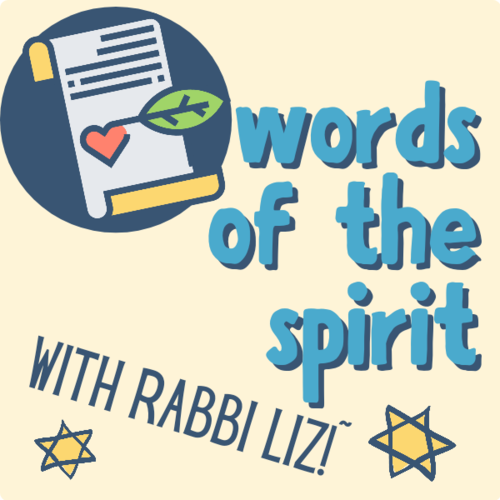Cousins: A Family Legacy
10/06/2020 09:49:20 PM
| Author | |
| Date Added | |
| Automatically create summary | |
| Summary |
Of all my mother’s many cousins, only Rose and Harry from Baltimore were called by their family “title.” They were closer in age to my mother’s European-born aunts and uncles, so it only seemed respectful that we addressed them as Cousin Rose and Cousin Harry.
We visited our Baltimore relatives a handful of times during my childhood, and during Expo ’67 many came to Montreal. Cousin Rose and Cousin Harry were at our house for dinner that summer when the “n”-word made its way into the conversation. I must have reacted quite visibly, but I know it was wordless, because I also remember my mother’s reaction to me. Also wordlessly, she shot me darts of silent admonishment not to speak up.
I recall startling again when the word was repeated, but the wordless darts came at me again. They said, among other things: they are your elders. They may be wrong but they are our guests. And they pierced me so deeply that the wound of not having spoken up over 50 years ago is a painful, persistent memory.
A few weeks ago I participated in a Zoom gathering for white allies to Jews of Color. We listened, learned, spoke in small groups and then in the larger group, reflecting on and exploring some of our experiences of white privilege. One of the guiding questions was: “When you hear about violence against black and brown bodies, how does your body respond?”
This memory of that visit was not the one that arose during the workshop, because at that dinner table, even though I knew it was wrong to listen to that word without objecting, I did not speak. I think that’s why I do not recall what I felt in my body. Yet I clearly still live with the memory, as if the wordless reaction swallowed up whatever sensation I was experiencing, along with the unspoken youthful words of outrage.
I have a raft of such memories, times when my family’s white-ness and Jewish-ness interacted, intersected, or shifted in different shapes and directions. They kaleidoscope with my young adult experiences, in political circles, in professional music settings, in college and other learning environments, and then as a parent bringing up my young children in, of all American cities, Baltimore.
The lived experience of skin and soul and identity is, for all of us, inseparable from the environment in which those experiences take place. We can stand up, and ally ourselves in many wonderful ways. We can begin to see, and continue to see, and name, and understand the privilege that is bestowed, unbidden, on those of us who are light-skinned, and it still will never allow any of us to un-soak ourselves from the brew of racism in which we have all been steeped.
We can feel proud to be connected to a network of Reconstructionist communities and rabbis that understand this, and have spoken out with clarity to unconditionally declare Black Lives Matter. And while our Reconstructionist movement statement points to recent and past events in the United States, we are completely and thoroughly and fully implicated as Canadians in the challenge to recognize and dismantle white privilege here in Canada, where black, brown and Indigenous bodies bear the brunt of structural racism to this day.
Ruth Messinger, a wise teacher of mine who was once borough president of Manhattan and then served as CEO of American Jewish World Service, would say to those of us learning with her about global poverty that we do not have the luxury of despair. These days, it’s hard to live in to the truth of this teaching. I am tempted, in frustration and fatigue and anger, to despair. And then, among other glimmers and reminders and shifts in understanding and relearning, my daughter calls from Manhattan, where she lives, to let me know that she is safely home before the curfew, and that she wore her tallit to the protest that day, because it was Shabbat.
Some things have not changed from the summer of ’67, but others have. I un-choose silence, and that piece of family legacy has been disrupted. And I continue to choose, over and over again, to not only seek justice put to pursue it. Tzedek, tzedek tirdof. In all their names. In all our names.
-Rabbi Liz
Read the statement from Reconstructing Judaism following the death of George Floyd here.
Check out this panel that took place Monday June 8th at the Toronto JCC: An Evening of Deep Listening; Facing and Combating Racism With/In the Jewish Community (you’ll need to create a free log-in to access the program).
Mon, 30 June 2025
Special Messages from the Rabbi
Privacy Settings | Privacy Policy | Member Terms
©2025 All rights reserved. Find out more about ShulCloud







